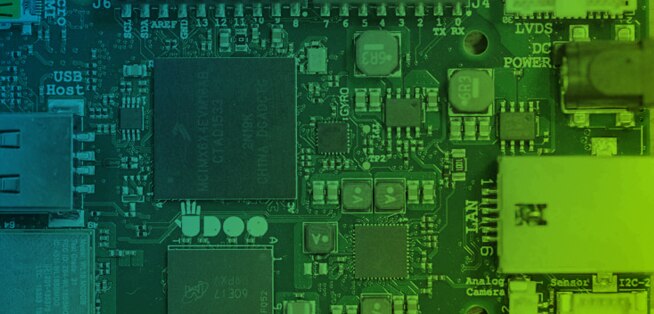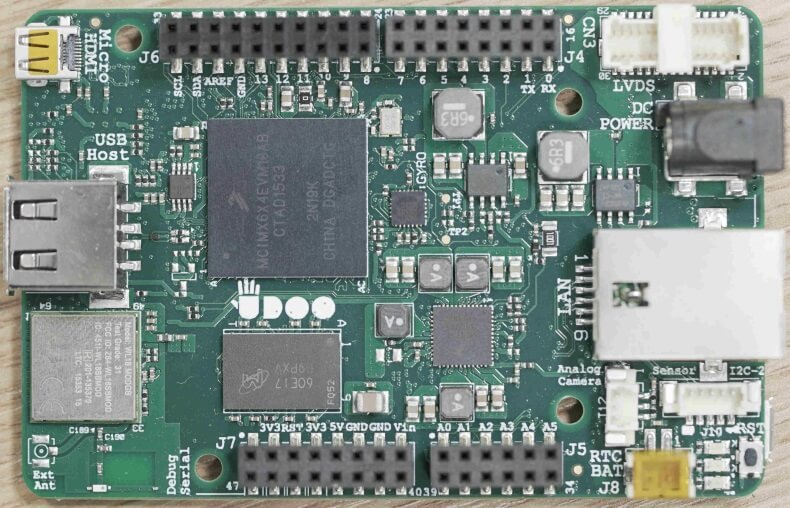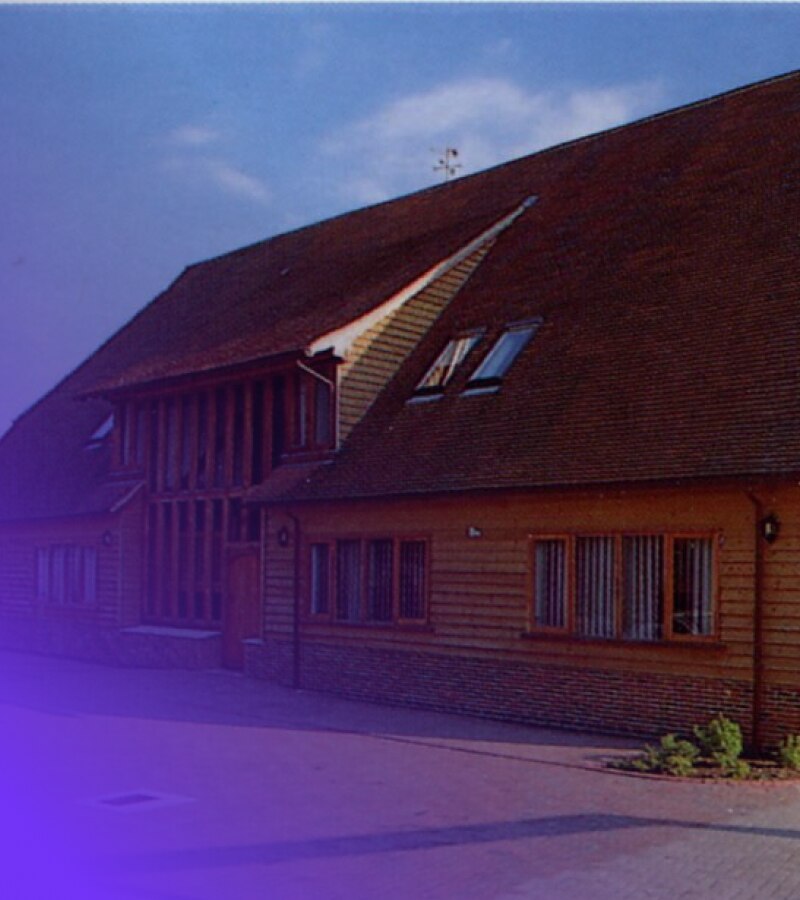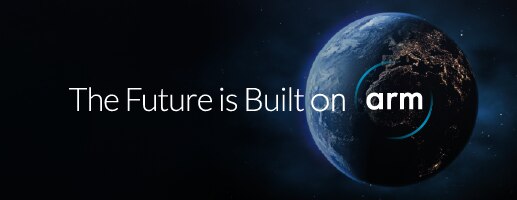ARM University Program Launches Embedded Linux Education Kit

Today, we announced the launch of the ninth and latest Education Kit from the ARM University Program: the Embedded Linux Education Kit. This kit provides full courseware on developing embedded Linux products, including Linux kernel configuration and custom peripheral driver development, using low cost yet powerful ARM-based single-board computers.
The courseware is highly modular and includes a rich set of lecture slides with notes, as well as lab manuals with solutions. As with previous Education Kits from the ARM University Program, the courseware covers fundamental theoretical concepts coupled with a hands-on approach that includes real Linux implementations on an ARM Cortex-A9 based i.MX 6Solo SoC, which is available on the low cost UDOO NEO board.
Why an Embedded Linux Education Kit?
Embedded computing is ubiquitous these days. Whether it is in consumer electronics, wearables, automotive, medical, industrial or military applications, modern embedded systems are increasingly relying on powerful processors capable of running full operating system stacks. The Linux operating system is increasingly popular in embedded computers given its open-source nature, large user community base and software ecosystem, customizability and extendibility. This means that knowledge of the Linux architecture coupled with the practical skills involved in configuring and building a full Linux operating system stack are crucial in modern computing. This is why we developed the Embedded Linux Education Kit: to train students and aspiring engineers in Linux development, a skill crucially needed in today’s job market.
Table 1. Embedded Linux Education Kit Table of Contents
| Number | Module | Lecture Slides | Lab Exercises |
| 1. | Linux and Embedded Systems: An Introduction | Lecture Presentation | Lab Exercise |
| 2. | Linux-based Embedded System Component Stack | Lecture Presentation | Lab Exercise |
| 3. | Anatomy of a Linux-based System | Lecture Presentation | Lab Exercise |
| 4. | Configuration & Build Process of an Embedded Linux System | Lecture Presentation | Lab Exercise |
| 5. | Introduction to Linux Kernel Modules | Lecture Presentation | Lab Exercise |
| 6. | Communication Between Kernel and User Space | Lecture Presentation | Lab Exercise |
| 7. | Application Demo: Building a Ranging Sensor Kernel Module | Lecture Presentation | Lab Exercise |
| 8. | System debugging & profiling | Lab Exercise |
Working in Partnership
Partnerships with both academia and industry informed our development of the ARM University Program Embedded Linux Education Kit. From academia, Professor Massimo Violante of Politecnico di Torino, Italy, led the academic development of the courseware. Massimo has been teaching embedded systems design for many years and also has a wealth of real-world collaboration experience with the embedded systems industry.
“The aim of this Education Kit is to give students both theoretical knowledge of what embedded Linux is, and practical skills to help them put that theory into practice. For this purpose, besides formal lectures, the courseware includes labs using hardware and software tools which give representative examples of current industrial practices. As embedded Linux is already widespread in a number of applications from automotive to networking and entertainment, and becoming even more pervasive with the diffusion of IoT devices, the Embedded Linux Education Kit will endow students with important industry-relevant skills.”
Professor Massimo Violante, Politecnico di Torino, Italy
On the industry side, we worked with AIDILAB srl and SECO USA Inc, who collaborated under the auspices of the UDOO project to produce the ARM Cortex-A9 based UDOO NEO single board computer, the target of our Embedded Linux Education Kit labs. The UDOO NEO board is both low cost and powerful, and retails from USD $49.90.
“The proliferation and embedding of sensing, computing, communication and control devices in the physical world is revolutionizing the world we are living in and novel architectures need to be built to meet multiple requirements and constraints, including energy-efficiency, scalability, computational power and usability. As we enter the cyber-physical age where humans and machines are nodes of the same digital information network, we believe that universities need low cost, powerful and extensible tools to innovate and add value. This is why we built the UDOO boards.”
Udoo.org
UDOO NEO Board
To offer customers complete solutions, including convenient access to hardware platforms, ARM has partnered with Mouser to distribute the UDOO NEO boards to academic institutions worldwide.
“Mouser is eager to work with the next generation of embedded system designers. We recognise that distributors need to address the entire design ecosystem which includes high quality teaching/training materials that support low cost yet powerful hardware platforms, in order to upskill engineers of the future. Working together with ARM, UDOO and academic institutions, we are excited to offer a complete solution – ICs and other components, development boards, tools, software and technical resources – in the form of the Embedded Linux Education Kit to customers worldwide.”
Mark Patrick, Supplier Marketing Manager, Mouser Electronics
How Can You Get the Embedded Linux Education Kit?
The Embedded Linux Education Kit teaching materials are available free of charge to qualified academics from universities worldwide. In addition to providing technical support for courseware development, the UDOO project is also supporting this Embedded Linux Education Kit with seed hardware, to be donated to selected academic adopters from universities worldwide. Donation requests should be made to the ARM University Program.
Any re-use permitted for informational and non-commercial or personal use only.













